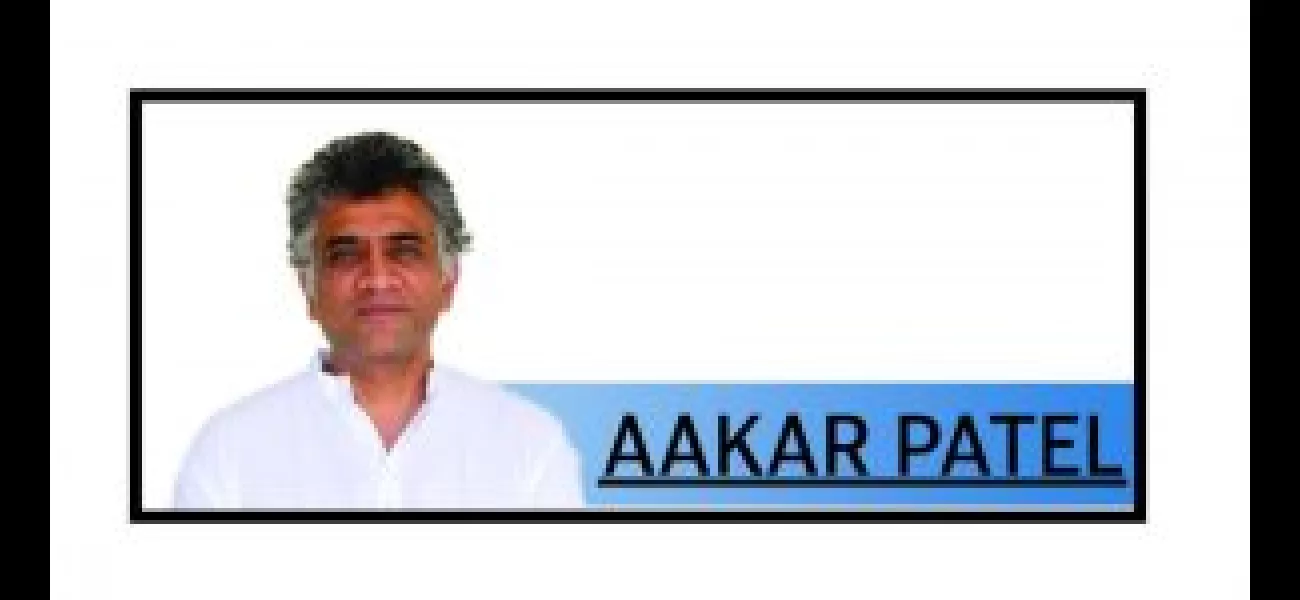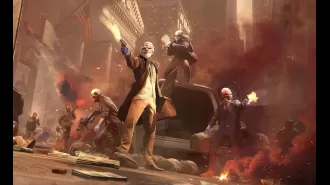Dangers of rigid belief systems.
When leaders of ideological parties are weakened, they become susceptible to more extreme counterparts. This should be kept in mind while analyzing events in Uttar Pradesh and may foreshadow similar situations in minority governments. BJP's allies in Delhi are an illustration of this.
July 21st 2024.

It is a common phenomenon that weakened leaders of ideological parties are prone to being overshadowed by those who are willing to take more extreme measures. This is something that we must keep in mind while trying to understand the current situation in Uttar Pradesh, as it serves as a prime example of what we can expect in the future from a minority government. Interestingly, all of BJP's allies in Delhi have opposed the recent decision to mandate shopkeepers in UP to display their names. From an outsider's perspective, it seems like a rather unnecessary move, and one can't help but wonder if it was done solely to stir up controversy. There was no prior demand for such a measure, and it has never been an issue in the past. Moreover, the way it was implemented, without an official order and under the guise of being voluntary, only adds to the suspicion that it was done solely for the sake of causing a stir.
But this issue has now taken on a larger significance, overshadowing the previous news about UP's Chief Minister facing criticism for the party's defeat in the Lok Sabha polls. The media was abuzz with speculation about what would happen next, but now, that is no longer the focus. With one swift move, the Chief Minister has changed the narrative. Interestingly, very few Union ministers have come out in defense of this decision or actively promoted it. This is not because they disagree with it, but because it does not serve the interests of the central government in Delhi. After all, why give the allies an opportunity to display dissent and create rifts? It goes against the illusion that nothing has changed since the elections on June 4th. However, it is a decision that everyone understands, and the underlying reasons for it.
This move in UP cannot be openly opposed, which is the challenge faced by ideological parties. The Chief Minister is simply following the same ideology that the BJP has been promoting for years, which is to target and discriminate against minorities. However, what may have been acceptable in the past is now being met with resistance. We have seen glimpses of this situation before, about 20 years ago. In April 2002, just a month after the violence in Godhra that resulted in the death of around 1,000 people, the BJP National Executive met in Goa. There were speculations that Prime Minister Vajpayee would force Chief Minister Modi to step down. However, this did not happen, and the party's magazine reported that Modi's supporters stood up to defend him. Food Minister Shanta Kumar, who had spoken out against Modi's extreme views, was even rebuked and forced to apologize. It was clear that the cadre was not interested in moderation and was only looking for leaders who would uphold their extremist beliefs.
But now, the situation has changed, thanks to the events on June 4th. If the Prime Minister wants his government to function smoothly, he must avoid controversial issues that agitate his allies. After all, these allies will always be on the lookout for opportunities to assert their own interests. As the Prime Minister tries to moderate his image of a hardline hero, he has opened the door for others to step in and exert their influence. This is what is currently happening within the BJP, and it is likely to continue. Those who feel threatened or are about to lose their position may use this formula to assert themselves and gain power. This is the problem with ideological parties, and it is going to be a different and interesting third term for the Prime Minister, both for himself and for observers.
But this issue has now taken on a larger significance, overshadowing the previous news about UP's Chief Minister facing criticism for the party's defeat in the Lok Sabha polls. The media was abuzz with speculation about what would happen next, but now, that is no longer the focus. With one swift move, the Chief Minister has changed the narrative. Interestingly, very few Union ministers have come out in defense of this decision or actively promoted it. This is not because they disagree with it, but because it does not serve the interests of the central government in Delhi. After all, why give the allies an opportunity to display dissent and create rifts? It goes against the illusion that nothing has changed since the elections on June 4th. However, it is a decision that everyone understands, and the underlying reasons for it.
This move in UP cannot be openly opposed, which is the challenge faced by ideological parties. The Chief Minister is simply following the same ideology that the BJP has been promoting for years, which is to target and discriminate against minorities. However, what may have been acceptable in the past is now being met with resistance. We have seen glimpses of this situation before, about 20 years ago. In April 2002, just a month after the violence in Godhra that resulted in the death of around 1,000 people, the BJP National Executive met in Goa. There were speculations that Prime Minister Vajpayee would force Chief Minister Modi to step down. However, this did not happen, and the party's magazine reported that Modi's supporters stood up to defend him. Food Minister Shanta Kumar, who had spoken out against Modi's extreme views, was even rebuked and forced to apologize. It was clear that the cadre was not interested in moderation and was only looking for leaders who would uphold their extremist beliefs.
But now, the situation has changed, thanks to the events on June 4th. If the Prime Minister wants his government to function smoothly, he must avoid controversial issues that agitate his allies. After all, these allies will always be on the lookout for opportunities to assert their own interests. As the Prime Minister tries to moderate his image of a hardline hero, he has opened the door for others to step in and exert their influence. This is what is currently happening within the BJP, and it is likely to continue. Those who feel threatened or are about to lose their position may use this formula to assert themselves and gain power. This is the problem with ideological parties, and it is going to be a different and interesting third term for the Prime Minister, both for himself and for observers.
[This article has been trending online recently and has been generated with AI. Your feed is customized.]
[Generative AI is experimental.]
0
0
Submit Comment





